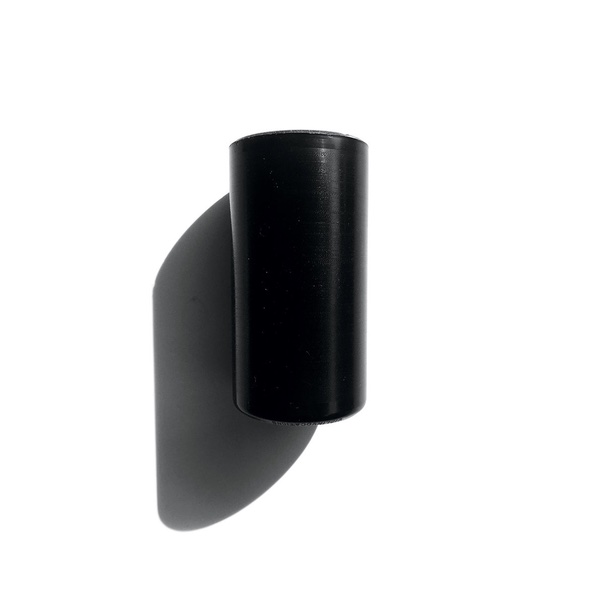ALBUM REVIEW: Hugh Marsh writes mind-altering tone poems on ‘Violinvocations’
Whether he plays in jazz ensembles or indie rock bands, Canadian violinist Hugh Marsh maintains a unique blend of contemporary and classical techniques. His unique approach has served him well alongside everyone from Iggy Pop to Hans Zimmer. He’s no stranger to solo endeavors, but his latest outing pushes his musicality to the absolute limit. Violinvocations rejects the boundaries often put on the violin with a collection of improvisational tone poems.
Violin Vocations
Hugh Marsh
Western Vinyl, Feb. 15
Violin solo albums might evoke Bach medleys and Paganini, but this album is much more an abstract project than an instrumental showcase. In fact, only the classical ambient closer “She Will” sounds much like a violinist playing at all. The song’s motif dances like a pyre in a gentle breeze, fading into mystical drones as easily as it flares up with arpeggiated flurries. It’s a welcome turn for the familiar after seven tracks’ worth of much more challenging material.
Marsh seems hellbent on distancing himself from his instrument’s natural timbre—or traditional music in general, for that matter. Opener “I Laid Down In The Snow” begins and ends with crackling static, as glacial, ominous swells a carry nonlinear moving line. If Marsh hadn’t already clarified the instrument in use, the melody might as well have been played on a trumpet and recorded on a broken answering machine. “Thirtysix Hundred Grandview” has its basis in delayed pizzicato, but everything from multilayered rhythms to protracted soloing is shrouded in affected mystery. The ambiance, however, is still quite palatable, unlike that more divergent cuts.
“Da Solo Non Solitaro” effectively obscures the line between violin performance and electro-acoustic sound collage. Auto-Tuned vocal samples pepper elegiac modulations, enhancing the song’s emotional tone while guiding its amorphous progression into alternate dimensions. Marsh takes this vocal processing even further with “Miku Murmuration.” By feeding Hatsune Miku—a vocal synthesizer turned virtual icon—through effects pedals, Marsh creates an aura of cybernetic, avant-garde bliss. The free-flowing voice-processed explorations simultaneously obliterate Marsh’s instrumental limitations and create a truly altered headspace.
Marsh finds a remarkable balance between weirdness and beauty on Violinvocations. “The Rain Gambler” nods to the more-with-less approach of post-minimalism and lowercase music, resulting in what sounds like a field recording from another planet. Impressionistic noodling interweaves with the softspoken plunderphonics, but actually maintains a sound akin to the opening cut.
Preserving that one thread of comprehensibility allows “A Beautiful Mistake” to live up to its name. Machine-like wurring and pitch-shifted staccato notes build the tension, before inexplicable blues licks cut through the mix like a movie jump-scare. It should amount to incoherent noise, but Marsh’s intuitive musicality corrals it all into a mind-bending rollercoaster of textural exploration. “Across The Aether” finds its arrangement in the most unlikely paces, as pizzicato notes emerge from the atonal white noise static and a solitary drone. The track’s beautiful aura demonstrates the success of Marsh’s venture beyond traditional structure and tonality.
It’s not every day a violinist names an album after his instrument and then dedicates two tracks to anime vocal processing. Violinvocations is an unexpected and often perplexing journey, but approaching Hugh Marsh’s idiosyncratic music with open ears reveals the method to his madness. It might strand listeners in another dimension, but that dimension happens to have a soundtrack to soothes the mind while Marsh alters it.
Follow editor Max Heilman at Twitter.com/madmaxx1995 and Instagram.com/maxlikessound.

